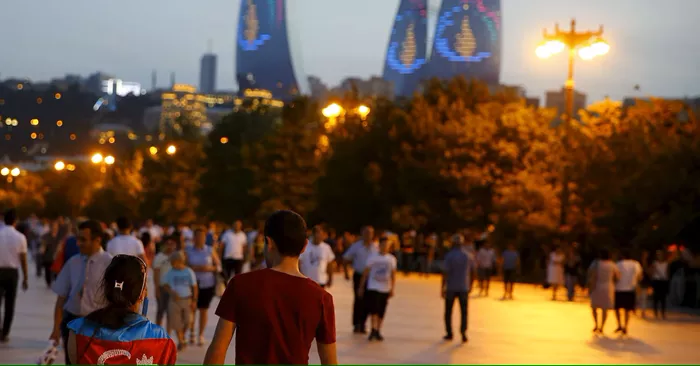Azerbaijan has announced the launch of the free electronic “COP29 Special Visa” for all foreign nationals registered to attend the upcoming climate conference.
The COP29 Special Visa permits a single-entry visit to Azerbaijan. Participants must ensure their passports are valid for at least six months from their entry date into Azerbaijan, as reported by VisaGuide.World.
Participants in the 29th session of the Conference of the Parties to the UN Framework Convention on Climate Change (COP29) will receive the electronic “Special COP29 Visa” from Azerbaijan. This visa is essential for entry, emphasizing its single-entry nature and the passport validity requirement.
Foreign participants planning to leave and re-enter Azerbaijan during COP29 must reapply for the COP29 Special Visa using their UNFCCC registration number after the initial application process.
Upon registration approval through the UNFCCC Online Registration System, participants will receive instructions via email on how to apply for the visa, including a link to track their visa status.
The COP29 Special Visa will specify its issuance date and remain valid until November 30, 2024, with an electronic visa application system for COP29 anticipated to launch soon.
To streamline their participation, attendees are advised to promptly apply for the COP29 Special Visa upon confirmation of their UNFCCC registration, utilizing the provided visa portal link.
Azerbaijan’s hosting of COP29 was endorsed during the COP28 plenary session on December 11, 2023, following support from various Eastern European countries, securing Baku’s status as the venue for this global event.
Baku anticipates welcoming between 70,000 to 80,000 international guests during the November 2024 climate conference, reaffirming its pivotal role in international climate deliberations.
Furthermore, Azerbaijan has committed to reducing greenhouse gas emissions by 35% by 2030, with ambitions to increase this target to 40% by 2050. These efforts underscore Azerbaijan’s dedication to fulfilling its obligations under the Paris Agreement, signed in 2015, and advancing global climate objectives.
The United Nations Framework Convention on Climate Change (UNFCCC) was established at the Earth Summit in Rio de Janeiro in 1992, signed by 198 countries. Its primary aim is to evaluate global progress in combating climate change, with COP sessions held annually unless otherwise decided by the parties involved.
Related topics:



















